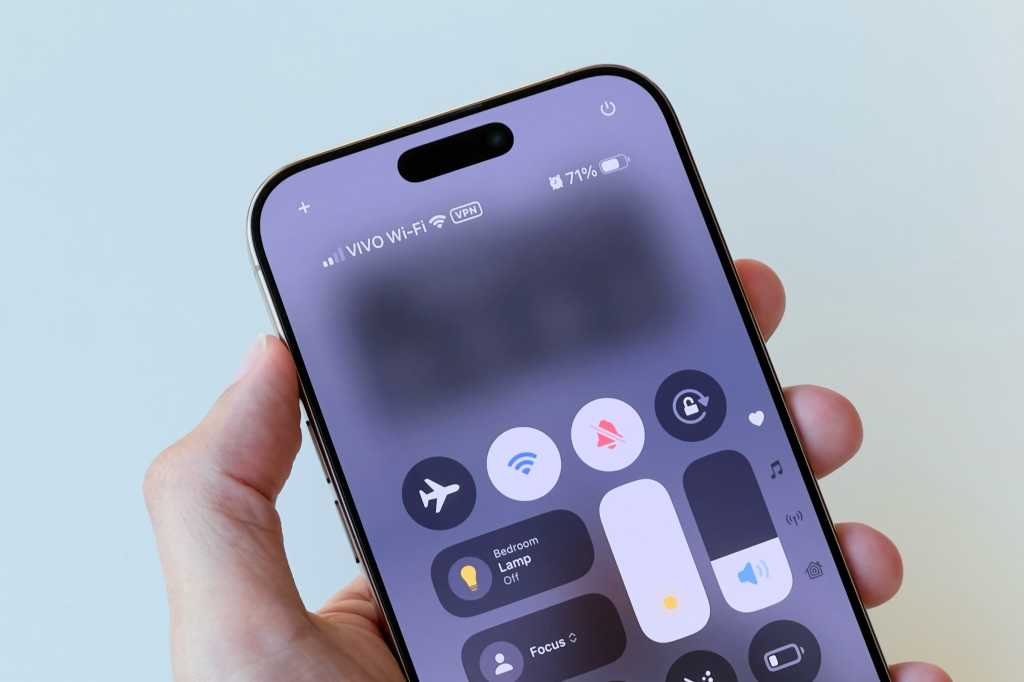Traveling offers a world of excitement and adventure, but for tech enthusiasts, the planning phase can be overwhelming. Ensuring you have the right chargers and adapters for your devices is crucial to avoid the dreaded search for an overpriced Apple Watch charger in a hotel gift shop. Yet, amidst this preparation, one critical aspect often overlooked is data privacy and security. With the likelihood of using public Wi-Fi in airport lounges, coffee shops, and hotel rooms, your personal data could be at risk from hackers and identity thieves. This is where a Virtual Private Network (VPN) becomes indispensable.
If you’re unfamiliar with VPNs, don’t worry. This article will explain what a VPN is and how it can safeguard your data during your travels.
Understanding the Role of a VPN in Data Protection
Our personal devices are treasure troves of sensitive information, from passwords to bank account details and personal documents. Transmitting this data over public Wi-Fi can be perilous, as attackers can easily intercept it. A VPN addresses this vulnerability by creating a virtual, encrypted tunnel between your device and external servers. This encryption ensures that even the network owner cannot access your data, allowing you to use public Wi-Fi with confidence.
Moreover, many apps and websites engage in “fingerprinting,” a process that builds a digital profile of you based on your browsing history and IP address. A VPN masks your real IP address, making it more challenging for websites to track you or determine your actual location.
Using a VPN to Access Content and Bypass Restrictions
Travelers often encounter different content availability on streaming platforms like Netflix, Amazon Prime Video, or HBO Max, depending on their location. In some countries, these services may not be available at all. A VPN allows you to browse with an IP address from a different location, enabling access to your usual streaming content as if you were still at home. This is particularly beneficial for sports fans wanting to watch live events from their home country.
Similarly, local regulations in some regions may restrict access to specific apps and websites. A VPN can help you bypass these browsing restrictions while ensuring your data remains encrypted, reducing the risk of repercussions for visiting restricted sites.
Exploring iCloud Private Relay
For Apple users, iCloud Private Relay offers an additional layer of privacy. Part of iCloud+, Apple’s subscription service, it helps protect your privacy while browsing the web. Although it functions similarly to a VPN by hiding your IP address, DNS records, and location, it only works within Safari, Apple’s web browser. This limitation means that other apps remain vulnerable when connected to public Wi-Fi.
While iCloud Private Relay provides extra security, it does not allow access to geo-blocked content. However, if you’re an iCloud+ subscriber, enabling Private Relay is a wise choice for added protection when browsing on public networks.
Activating iCloud Private Relay
To enable iCloud Private Relay on your Apple device, follow these steps:
- Go to Settings.
- Tap on your Apple ID.
- Select iCloud, then Private Relay.
- Toggle the switch to enable it.
With Private Relay activated, you can choose between an IP address based on your region or a random IP address from your country, depending on your privacy needs.
Choosing the Right VPN for Your Needs
Understanding how a VPN works is only the first step; selecting a reliable provider is crucial to ensuring your data’s safety. Opt for reputable, paid services and steer clear of free VPNs, which may compromise your privacy by selling data to third parties. Additionally, consider whether the VPN offers easy setup for Apple devices, ideally through a dedicated app available in the App Store.
Currently, NordVPN is a top recommendation for Mac, iPad, and iPhone users due to its security, ease of use, and speed. However, exploring other options through comprehensive guides can help you make an informed decision.
While contemplating VPNs may not be as thrilling as planning your next vacation, taking steps to protect your data can prevent significant headaches and provide peace of mind wherever you travel.
About The Author
 Ironheart Finally Brings Mephisto to the MCU, Almost Didn’t Happen
Ironheart Finally Brings Mephisto to the MCU, Almost Didn’t Happen Gemini’s Potential RCS Support Could Revolutionize Messaging
Gemini’s Potential RCS Support Could Revolutionize Messaging Paramount Settles $16 Million Lawsuit with Trump Over “60 Minutes” Report
Paramount Settles $16 Million Lawsuit with Trump Over “60 Minutes” Report Early Prime Day Tool Deals: Save Big on DIY Essentials
Early Prime Day Tool Deals: Save Big on DIY Essentials Redwood Software Strengthens Leadership Team to Drive Automation Growth
Redwood Software Strengthens Leadership Team to Drive Automation Growth